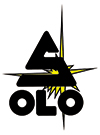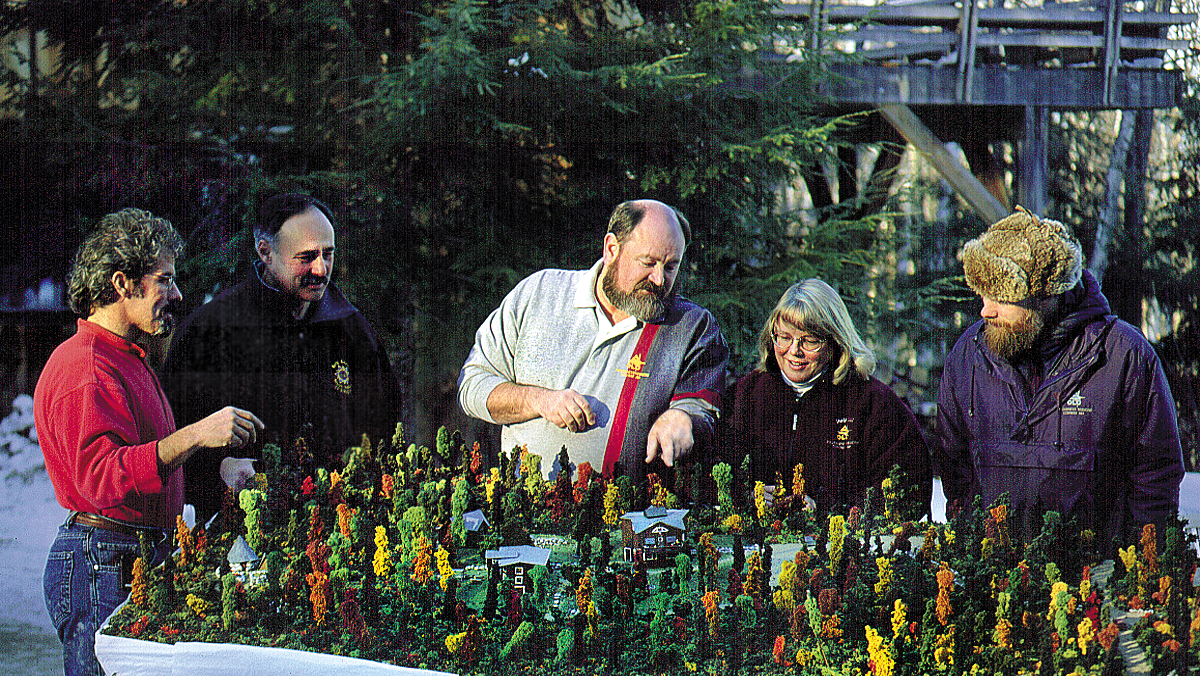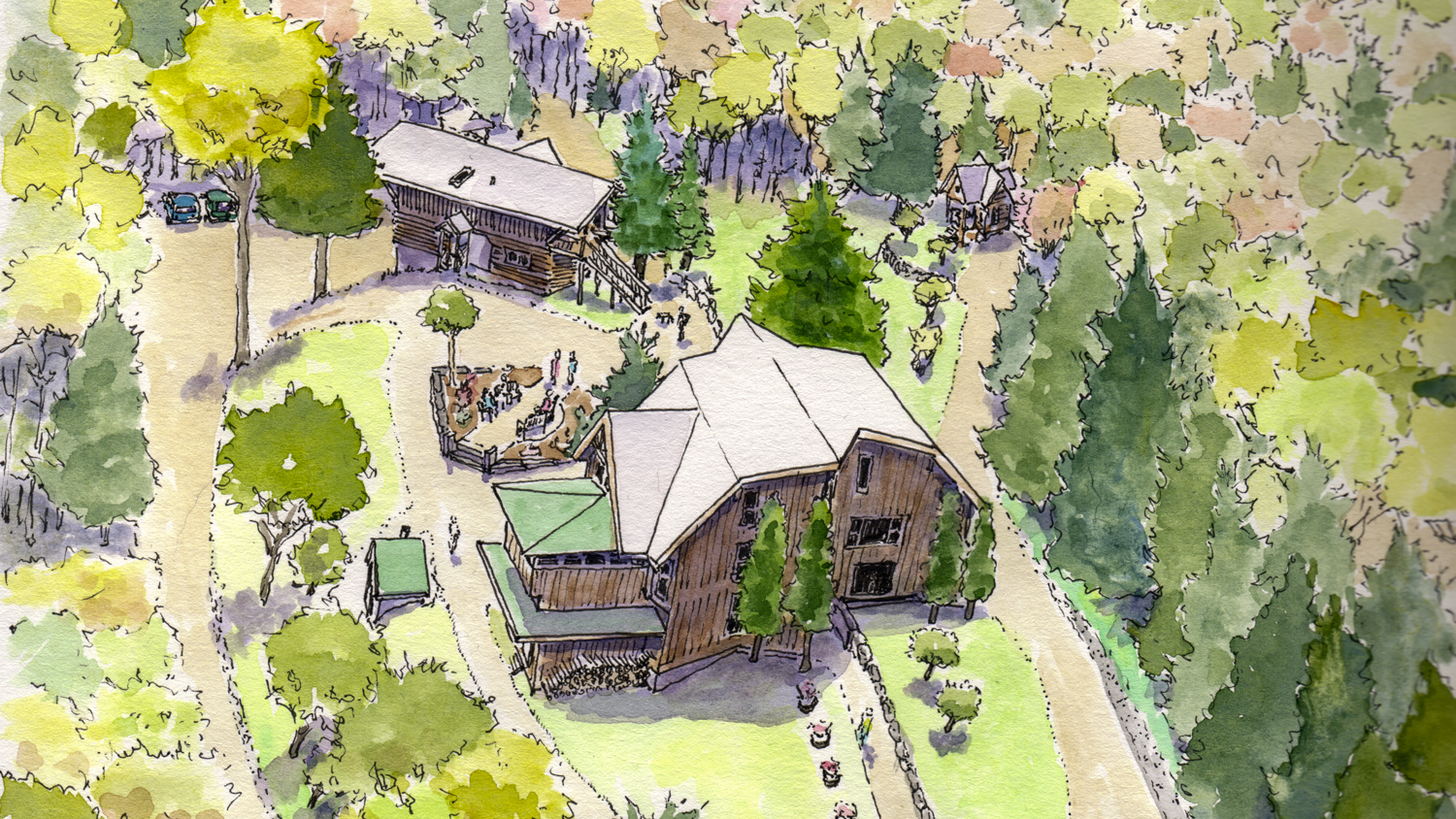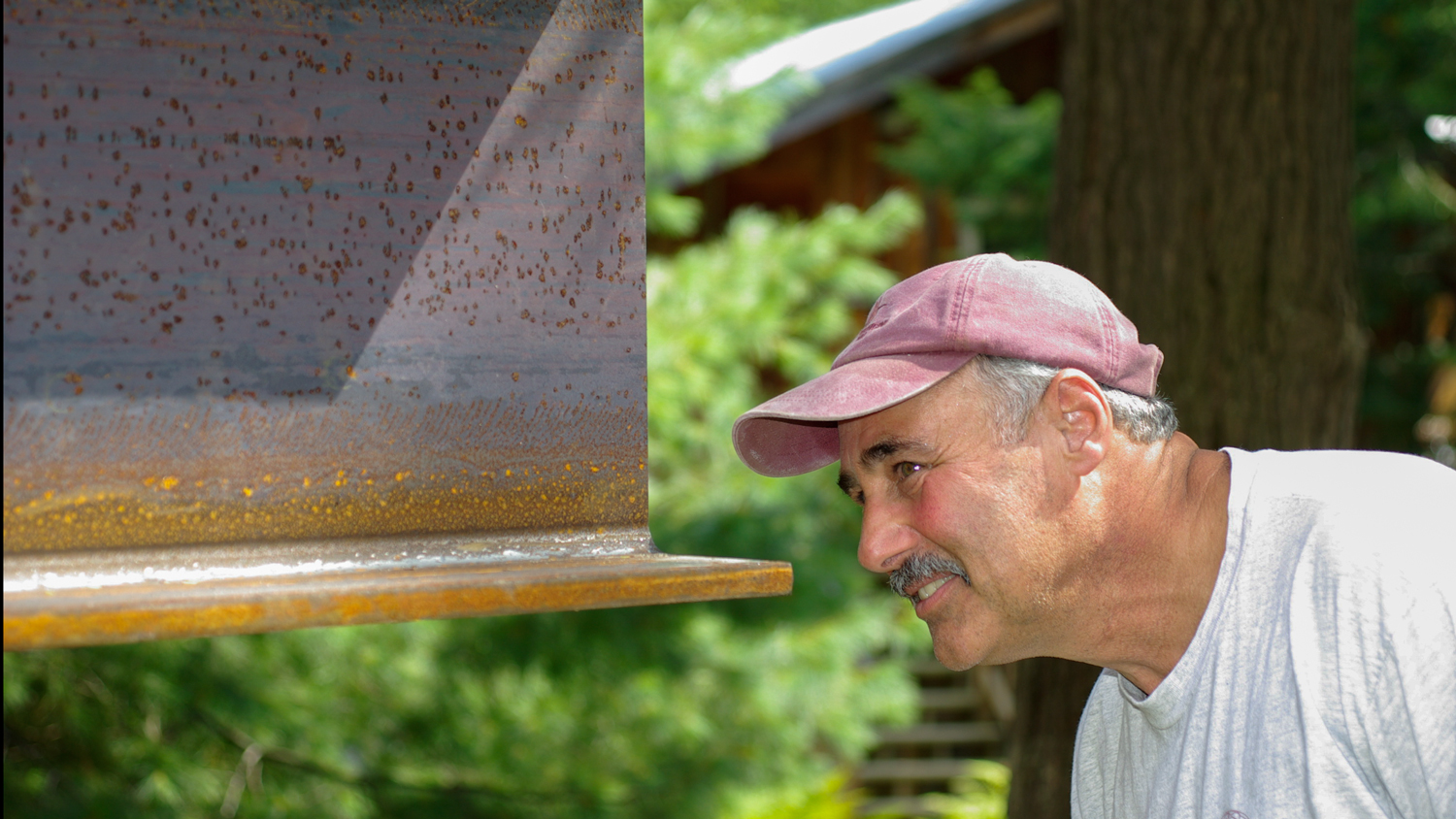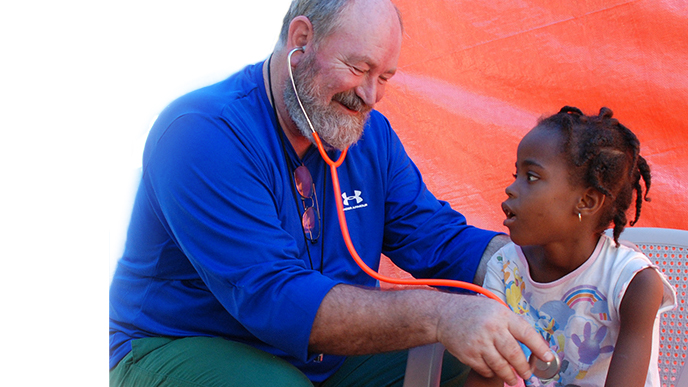How do I sign up for a course?
There are several ways to sign up for a SOLO course.
For courses on the SOLO campus in Conway, NH, you may either sign up online (here’s a link to the schedule page), or you may call 603-447-6711 and speak to our Registrar.
For courses away from SOLO, you may be able to sign up online (link), but for most “away” courses, you will sign up with the host organization that is sponsoring the course. You will find the contact information for your course sponsor on the schedule page.
What is your deposit policy?
Can I reschedule if an emergency arises?
We don’t give refunds; however, in an emergency we can transfer your enrollment to another course for a fee of $50. The new course must begin within 1 year of the start day of your initial course.
IS CPR included?
This is dependent upon the type of course. For example, AHA Professional Rescuer CPR is always part of our month-long WEMT course. Check the course schedule for details, or contact the sponsor for the course that you are interested in.
Will I have to take tests?
Testing is an integral part of many SOLO training programs, and the types of tests you will take depend on the particular course. In the shorter courses (e.g., WFA) there aren’t any formal tests, but you will be evaluated throughout the course to make sure that you understand and can properly demonstrate the skills. For the WFR course, there is both a written and a practical exam; for the WEMT course there is a 5-station practical exam and a computer-based test: the practical exam is monitored by a representative from the State, and the computer-based test is run by the National Registry of Emergency Medical Technicians (the agency through which you will be certified). Quizzes and spontaneous skills tests also occur as a regular part of most courses.
What happens if I fail a test?
It depends on the test. In most instances you will be allowed to re-test (how many times depends on the course). For the WEMT practical exam, you may retest up to 2 of the 5 stations, once each. If you fail your computer-based NREMT exam, you must wait 15 days before you re-test (which can be done at testing centers all across the US); if you fail a second time, you must wait 15 days, then try again. If you fail a third time, you must take a refresher course, allowing you to test 3 more times, for a total of 6 attempts; if you fail all 6 attempts, you must retake the course. Please see details on our courses page.
Will I get certified?
Yes, for most of our courses. Here are the specifics.
WFA: 2 years
WFR: 3 years
WEMT: 2 years
CPR: 2 years
How do I get recertified?
To recertify your Wilderness Fist Aid (WFA), retake the course.
To recertify your Wilderness First Responder (WFR), you may take a 2-day WFA course (open to SOLO graduates only), a 2-day WFR Review. The 2-day WFR review is the more appropriate option for WFRs.
To recertify the wilderness portion of your Wilderness Emergency Medical Technician (WEMT) course, see WFR above. To recertify the EMT portion, please visit the NREMT website to make sure that you get the most current information. Remember: in order to become recertified as a WEMT, you must maintain your EMT certification.
Is there a grace period for recertifying?
No. All our certifications expire after their allotted time period. However, if there are extenuating circumstances that make recertifying in a timely manner impossible for you (e.g., you will be working in Antarctica for 6 months), you may request to be considered for an extension. Your request should be emailed to [email protected], and must include a copy of your certification card. Not all extension requests are granted.
Help, I lost my certification card!
Don’t worry! You can get a replacement card by printing and filling out this form.
Can I earn college credits?
Yes, via a partnership with Sterling College, an accredited Title IV school.
Do you work with Americorp?
Yes, we do. Please contact our Registrar for more information: [email protected],or 603-447-6711.
Can I use the GI Bill?
Yes, but only for courses at our Conway, NH campus. Please contact our Registrar for more information: [email protected],or 603-447-6711.
Are scholarships available?
The Lucas Family has established an EMT scholarship (includes both wilderness and “street” EMT training) at SOLO. This was done in loving memory of their husband and father who had been a longtime, very active member of the Emergency Medical Services family. A $1,000 scholarship per course is available for US Citizens who apply for the WEMT course; space is limited. WEMT course dates can be found here.
FMI please contact Lee Frizzell, Executive Director ([email protected]). You may apply for the scholarship here.
Additionally, there is scholarship and grant money out there! Our Registrar, ([email protected]) has information for ME, NH and VT residents. For additional ideas, do an online search for “scholarships or grants for Non-Degree programs” for your State of residence, and you should get results. You can also check with your state’s Office of Unemployment to see if there are any training grants available.
Can I earn continuing education credits?
Some of our courses will qualify as continuing ed credits for some programs, but there are too many variables to be definitive here. Check the requirements of the credential you are trying to get credits for.
Where can I find the Wilderness Medicine Education Collaborative (WMEC) Guidelines?
SOLO is proud to be a distinguished member of the Wilderness Medicine Education Collaborative (WMEC), a leading professional organization dedicated to advancing wilderness medicine education and establishing industry standards for essential field certifications.
Established in 2010, WMEC serves as a vital platform for exploring emerging trends and challenges within the realm of wilderness medicine. Through collaborative efforts, WMEC develops authoritative scope of practice guidelines and sets benchmarks for Wilderness First Aid (WFA), Wilderness Advanced First Aid (WAFA), and Wilderness First Responder (WFR) certifications. In 2022, WMEC further expanded its initiatives to include comprehensive white papers and impactful position statements, reinforcing its commitment to excellence and innovation in the field. Learn more about our collective mission at WildMedEducationCollaborative.org.
Where is SOLO's main campus?
We are located at 621 Tasker Hill Rd., a mile from the village of Conway, New Hampshire, in the heart of the White Mountains. We are 2.5 hours north of Boston, MA, and 1.5 hours northwest of Portland, ME.
What is the campus like?
We sit on 300 acres near the top of a hill, and we have a main classroom building, an administration / dining building, a 40-person dormitory, and other assorted buildings. All are within a short walking distance of each other (as is a stunning view of the Presidential Range of the White Mountains from the top of the hill). The campus is hilly and set into the forest, with a mix of northern hardwoods and conifers.
What is the food like?
Is there internet available?
Wifi is available in the main building. There is also a desktop computer and printer available to students on the 3rd floor of the main building.
What is the student dorm like?
Our 40-person dormitory, Toad Hall, is a two-story building with sleeping rooms and eight individual bathrooms (four per floor, each with a shower). Most students will have a roommate or two. The rooms are clean and simple, with just enough room for your essential stuff. There is no additional storage on campus. Check out the photos on the Media page.
Is public transportation available?
Yes, there is bus service from Boston’s Logan Airport, via Concord Trailways. If you plan to arrive in Conway by bus, please call the SOLO office ahead of time to arrange a pickup. Public transportation in Conway is limited to a taxi service, but it’s generally easy for SOLO students to carpool, since most students have vehicles.
What about laundry and groceries?
Yes, just a mile away down in Conway Village, and there are grocery stores within a few minute’s drive. Carpooling for essential shopping happens all the time.
How's the weather?
This is the classic, interior northern New England climate. We have all four seasons, with long, cold, snowy winters, short warm (but rarely truly hot) summers, beautiful springs (despite the biting insects) and glorious autumns. We get about 45 inches of precipitation each year, evenly distributed. A typical summer day will see temps in the upper 70s and 80s, and in January we will be lucky to break 30 (and it can be well below zero). There is usually snow on the ground from Early December until early April.
What are the recreational opportunities?
You name it, we’ve got it. Every season, all the time. Hiking, rock and ice climbing, mountaineering, swimming, boating, fishing, skiing of all kinds, road and mountain biking, trail running…except for surfing, there is always a great way to get your outdoor fix here!
What is Conway like?
Conway almost always makes the list of top mountain towns in the US. It’s big enough to have all the amenities you’d expect (yes, we have Walmart and Home Depot), and small enough to feel like a classic small New England town. Gear shops, grocery stores, restaurants, movie theaters, and coffee shops abound. And yes, we have a hospital (this is a wilderness medicine school, after all).
What does SOLO do?
Since 1975, SOLO (Stonehearth Open Learning Opportunities) has taught wilderness/extended care emergency medical courses, from basic to very advanced. We teach all over the United States and overseas, and are widely known and respected as both a pioneer and leader in the industry.
Why choose SOLO?
- SOLO has been a consistent and innovative leader in the wilderness first aid community for more than four decades.
- Our founders, Dr. Frank Hubbell and his wife Lee Frizzell, still run the company and are still working at the forefront of medical research, course development, and teaching, along with a highly skilled, trained, and dedicated staff from around the world.
- Over the last 40 years, we have taught over 450,000 people the vital first aid skills so they can help themselves, or anyone in trouble.
- Our instructors are highly-trained education professionals with advanced medical training.
- For more than twenty years we have been participating in curriculum consensus groups that produce foundational guidelines for Wilderness First Aid and Wilderness First Responder classes. The latest set of guidelines has been published in the Wilderness Medical Society’s online magazine.
- We have been a leader in curriculum development and publishing; most recently (fall, 2014) creating a 330-page wilderness first aid textbook that will set a new standard for content, clarity, and usability.
- You will not find better training anywhere. We have been told by many sponsors that we are more “people-oriented” and less “business-oriented.” We work with you to ensure your course is successful.
- In addition, the SOLO campus offers several perks not always found at other schools, especially in regard to EMT courses:
Our cost is all-inclusive.
Our all-you-can-eat meals are prepared by professional chefs with as much local food as possible.
CPR is included in all WFR and WEMT courses.
WEMT clinicals are within a 10-20 minute drive, and there a number of options ranging from recreational areas to ambulance services to hospitals.
Clinical time is scheduled on weekends, both day and evening slots area available.
No special uniforms are required for WEMT.
SOLO is a NH licensed, non-transport rescue unit, so on longer courses, the opportunity often arises to assist with an actual rescue.
What does wilderness medicine mean?
The terms “wilderness medicine” or extended care” refer to any setting where definitive care (e.g., ambulance, hospital) is more than one hour away or more than one mile from a road. While we often think of the wilderness as being someplace wild and scenic and far from home, the medical concept of wilderness can apply virtually anywhere, including rural towns far from professional rescue, or even an urban environment where something bad has happened (e.g., an earthquake) that hinders or delays getting a patient to definitive care or overwhelms the Emergency Medical System.
Which courses can I host?
Wilderness First Aid—The basic 16-hour course that exceeds the American Red Cross standard.
Advanced Wilderness First Aid (AWFA), and the AWFA Part 2—both which offer further training).
Wilderness First Responder—A 72-hour+ course that is the standard for many outdoor professionals, such as guides, ski patrol members, camp counselors; there is also a two-day WFR Refresher course). Certification is for three years.
Wilderness Module—Upgrades current urban EMTs and First Responders to the wilderness level.
Urban First Aid—A one-day course covers standard topics; there is no wilderness component; a SOLO first aid certification is issued.
CPR (cardiopulmonary resuscitation)— This training is integrated into many of our courses, can be added to others, and can also be taught as a stand-alone course.
What are the benefits of sponsorship?
When you become a sponsor and host a course, we provide the following:
Expert teachers and instruction.
Medical equipment that you do not have available.
All teaching materials (e.g., handouts, textbooks).
SOLO certification.
You determine the date and location of your course.
Sponsoring a course is more cost-effective than having your people come to SOLO.
You can invite members of your community to join you course (improving recognition by the community and extending your potential profit margin).
Your students, employees, co-workers, or the people in your community will become trained in vital skills.
You will be helping to make the world a better place.
How would you describe the training?
We believe that people learn best through direct experience, so we create a relaxed environment in our courses that fosters a comfortable, safe, “open learning” atmosphere where students feel at ease asking questions and learning from each other. We are decidedly hands-on, using mock emergencies (called scenarios), to create realistic, believable, learning opportunities. Along with the scenarios, we use demonstrations and practice sessions, as well as traditional talks, lectures, and perhaps multimedia presentations. Regardless of the course level, the emphasis is always on safety, awareness, prevention, and the environment.
Can you customize a course for me?
Sure! While we provide a wide range of standard courses, we can customize any course to meet your specific needs. Each course has a minimum number of required hours; you can add topics under the understanding that this will be above and beyond the requirement. Courses cannot be shortened in length (hours), but we are willing to add night sessions to accommodate your scheduling needs.
With whom do you work?
Colleges, universities, and outing clubs
Outfitters (climbing, skiing, river guides, and other backcountry adventure operators)
Outward Bound (OB)
Appalachian Mountain Club (AMC)
Nantahala Outdoor Center
New Hampshire Fish & Game
Department of Defense
US Border Patrol
Sierra Club
Student Conservation Association (SCA)
AmeriCorps
National Park Service
Fire departments, ambulance services, and search and rescue teams
(Many of these groups have utilized SOLO training for 40 years!)
What kinds of skills are taught?
Although the depth of the material differs with the length and medical parameters of each course, all our courses focus on anatomy and physiology, patient evaluation, identification of the problem(s), treatment (appropriate to the training level), and evacuation. We teach on a broad spectrum of common topics, including trauma, medical, and environmental emergencies. Since our focus is on medical care that is often far from the nearest ambulance or hospital, there is an emphasis on improvisation, long-term care, and and the safety of both the patient and all members of the group.
What on-site responsibilities do I have?
All sponsors are responsible for providing the following:
Appropriate and comfortable classroom space: large enough for the students and the instructors to work, with enough additional space for demonstrations.
Classroom equipment: blackboards/white boards, folding tables, TV/DVD player (if possible), etc.
Course equipment such as mannequins, blankets, foam pads, etc., when possible (this helps avoid costly shipping expenses).
Appropriate outdoor space: much of SOLO’s teaching takes place outside, so an outdoor teaching/scenario area must be provided; this can be as basic as a courtyard or quad on a campus, or as extensive as adjoining wild areas (at the SOLO campus we have 300 acres of forested hilltop available to us).
What fees am I responsible for?
We offer tiered pricing: The higher enrollment, the lower the per-student cost; we will discuss the specific pricing structure when we talk with you.
Materials (e.g., books, handouts, medical supplies)—are built in to the tuition cost.
Travel (for instructors): airfare or mileage, rental car (if applicable); we strive to keep travel costs down by trying to choose instructors who live closest to the venue and by making their travel as cost-efficient as possible.
Lodging: Acceptable private living quarters with it’s own separate bathroom away from course participants. Otherwise, a hotel or B&B may be required.
Meals: there is a fixed per-day fee, per instructor; if a sponsoring organization can provide acceptable on-site meals, there will be no additional meals fee.
Other: There are sometimes other fees that are applicable to a given course (e.g., baggage fees for medical supplies or course props), and there are other products that a sponsor might want to purchase from our store (e.g., mugs, water bottles, T-shirts, bandanas, hats, etc.). Shipping fees are generally less expensive than having the instructor fly with the material, or shipping fees may apply when an instructor is not near SOLO and is flying. The more time we have to plan for a course, the less expensive shipping costs will be.
How can I set up my course?
The contact for course sponsorship: Jill MacMillan, 603-447-6711, [email protected].
SOLO mailing address: PO Box 3150, 621 Tasker Hill Rd., Conway, NH 03818
The best way to reach us is to use the contact form provided.
An historical snapshot: click icon to open
SOLO took root in the early 1970s and grew out of the vision of its founders, Dr. Frank Hubbell and Lee Frizzell (husband and wife). At that time, pre-hospital care was in its infancy, and an organized EMS system didn’t exist yet in New Hampshire. The concept of providing emergency care to the sick and injured revolved around what is today referred to as the “Golden Hour.” As injured skiers, climbers, and other groups in the White Mountains of New Hampshire were being rescued, it very quickly became apparent that the skills that rescuers had learned as “street” emergency care providers did not work in a remote environment. It was obvious that people providing care in remote environments had to learn how to use skills and techniques outside the “golden hour.” But, that information was not available—it had to be learned through experience. And Frank Hubbell had a great deal of experience, having been actively involved in search and rescue missions during college.
Frank’s frustration with the lack of an appropriate “wilderness” standard led to the creation of one of the first, if not the first, organized wilderness/remote emergency medicine courses in the world. By 1975, a basic “Mountain/Woods First Aid” course was taken on the road by Frank, and that course outline and objectives remain the foundation of SOLO’s most popular course today, Wilderness First Aid (WFA). The WFA class has been adapted for a number of specialized situations like water, disaster, and expedition emergencies.
In 1976, Frank, and his wife Lee Frizzell, a trained educator, created a school in the White Mountains to develop and teach various aspects and levels of wilderness/remote/disaster medicine. They named that school SOLO, for Stonehearth Open Learning Opportunities.
For the next four decades SOLO continued to create more programs of varying lengths and intensity in both urban and wilderness medicine. Not only did the number of trainings at their center increase, but the numbers of sponsors grew to include colleges and universities, environmental agencies, outing clubs, rescue organizations, guiding groups, ski patrols, and many others. Pioneering immersion and experiential training techniques, SOLO became the leader in this type of education.
SOLO has been featured in dozens of newspaper and magazine articles as well as television programs. Many SOLO instructors regularly speak at state and national conferences.
As SOLO began to gain recognition in the emergency medical community, Frank Hubbell, previously a paramedic, went on to earn his Physician Assistant degree before entering medical school. Not only does Frank still work at SOLO teaching, helping to design curriculum, and writing for the Wilderness Medicine Newsletter and other SOLO texts, he is also the senior partner and a practicing physician in a large local medical practice. In addition, for the past 25 years Frank has been on NH’s Medical Control Board.
From 2006 into the present, SOLO has enlarged its out-of-country trainings, providing courses in Tanzania, Kenya, Zambia, Turkey, Israel, Chile, Mexico, Japan, Nepal, Jordan, Costa Rica, Indonesia, Scotland, Haiti, etc. More partnerships are being formed as programs for indigenous people have become an important focus for SOLO. Following the earthquake in Haiti, teams from SOLO made trips to that devastated nation for several months to assist in urban clinics, hospitals, and rural medical centers. A specialized set of programs under the umbrella of SOLO International has been developed to better serve the needs of people in more remote areas or disaster situations.
In country, we have once again begun offering advanced programs like Advanced EMT (AEMT), Advanced Cardiac Life Support (ACLS), Pediatric Advanced Life Support (PALS), and Pediatric Emergency Assessment Recognition and Stabilization (PEARS). Our classroom has some of the most advanced multi-media equipment available.
Four decades after the official founding of SOLO, interest in wilderness/remote/disaster medicine training is still growing. Eight, month-long WEMT courses are offered on our campus annually, along with several dozen other programs. Hundreds of other programs continue to be offered worldwide, with much of the emphasis on the disaster side of long-term care. Our campus staff now has an education department, a facilities’ staff, a registrar, and several administrators who have the responsibility of dealing with a part-time list of over 250 instructors and the more than 900 courses we run annually away from the main campus. SOLO is also a formally designated American Heart Association Training Center. But, to many students and staff, the most important aspect of their SOLO experience is the all-you-can-eat meals prepared by wonderful professionally trained chefs.
Since SOLO has been a licensed NH rescue unit for years, our staff and students volunteer on backcountry search and rescue missions in NH’s White Mountains.
From a gathering in a living room over more than four decades, SOLO has grown into a large, diverse organization: a leader not only in medicine, but also in education and standards as well, as evidenced by our inclusion in several national consensus-building wilderness medicine efforts, and by being typically referred to in a variety of wilderness medicine journals as one of the Big Three. From basic first aid—still the foundation of SOLO’s purpose—we now find instructors teaching around the world. To date, SOLO has trained more than 450,000 people.
Please email us at [email protected]
Call us at 603-447-6711
Physical Address: 621 Tasker Hill Rd., Conway, NH 03818
Mailing address: P.O. Box 3150, 175 Main St., Conway, NH 03818
Phone: 603-447-6711
Home courses, general info. & registrar: (Cindy), [email protected]
Student Certifications:(Elizabeth), certs@soloschools.
Sponsor-specific and off-site course logistics: (Jill) jill@soloschools.
Questions or comments
